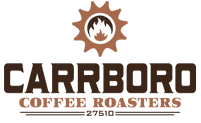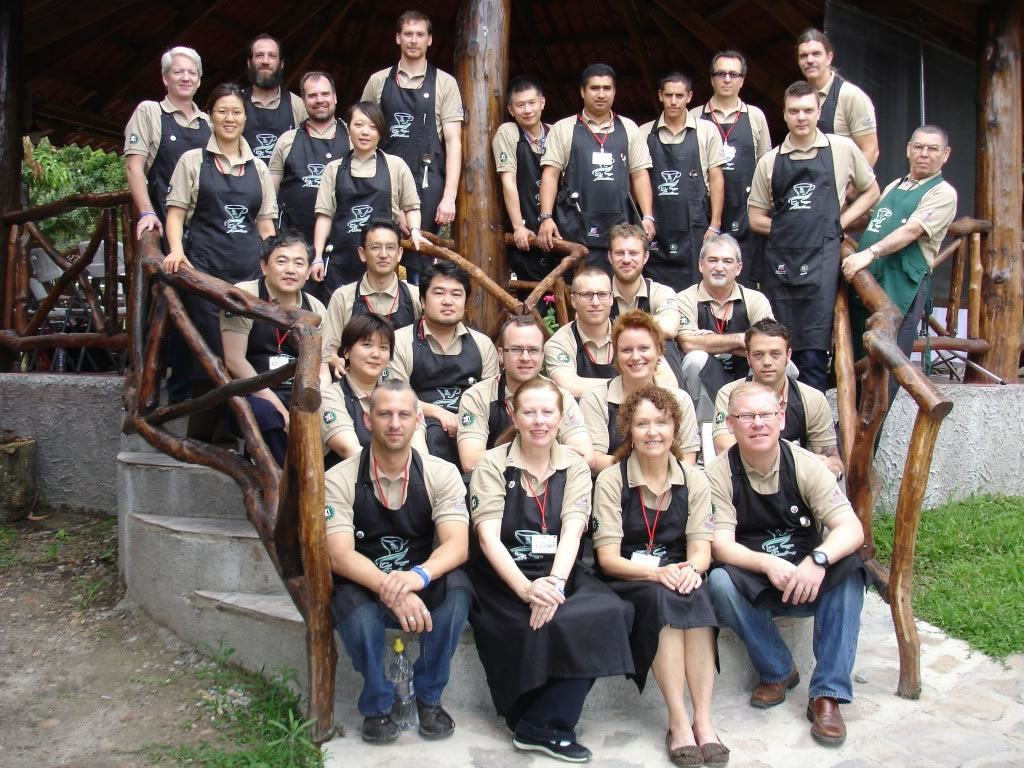Many have drunk Fair-trade coffee, Rainforest Alliance coffee, organic coffee and even estate-direct coffee. Now there’s another way to get the highest quality coffee, the Cup of Excellence (COE).
 Sometimes called the “Coffee Oscars” by the specialty coffee industry, COE is gaining ground in the U.S. as a way of guaranteeing quality in the cup and appropriately fair prices for farmers.
Sometimes called the “Coffee Oscars” by the specialty coffee industry, COE is gaining ground in the U.S. as a way of guaranteeing quality in the cup and appropriately fair prices for farmers.
The US-based, decade plus-old program is an international system of grading and selling the best beans from participating coffee-growing countries each year.
Once selected by a National & International panel, the beans are sold online to the highest bidders.
Scott Conary not only sells COE coffee from his Roasting operation – Carrboro Coffee Roasters, and at his café’s – Open Eye Café & Caffe Driade; he is one of a handful of American Judges honored to be asked to judge these coffees in various Countries around the world. He has sat on the 25 to 30-member international panels in Honduras, Nicaragua, Costa Rica and in August will head to Rwanda, to assess the coffee for those country’s auctions.
About 40 lots of top-scoring coffees are often on the table for the International panel to review; picked by a national panel from hundreds of lots submitted by farmers from all over the prospective country.
There is keen competition among the growers to have their beans selected because auction bids come from as far away as Japan and Australia. In 2010, 21 first-class Colombian coffees reached record prices at the COE auction with an average of $US12 a pound. “The farmers receive 85 per cent of the purchase price and got twice as much as they did last year,” Mr. Conary said, “And I’m getting a quality coffee and paying a more than fair price, with the idea of continuing this ‘quality & price connection’ beyond the competition.”
Fair-trade guarantees farmers a minimum of $1.25 per pound plus premiums, according to figures released by the organization in March 2010.
“Fair-trade and Organic certification is a lot like having a minimum wage for farmers,” Mr. Conary said, “There’s very little incentive for them to produce greater quality coffee, as long as they meet the certification criteria, which makes it a good safety net, but not a good way to galvanize a farmer to grow better quality – COE quality coffee. Besides the fact that the emphasis on other certifications largely ignores cup quality, which is necessary for the system to be truly sustainable and provide for higher prices.”
Over the past several years, Mr. Conary has won, lots from Honduras, Rwanda, Colombia, Brasil and Costa Rica COE. These rare & one-of-a-kind coffees have been displayed & sold using the COE trademark in his espresso bars and at the many quality focused clients of his Roastery.
“I think COE is a great model. It matches quality with price and allows roasters a chance to meet and become more intimate with the farmers that grow their coffee, with the hope of forging long term relationships based on common goals and the best tasting specialty coffee!”

